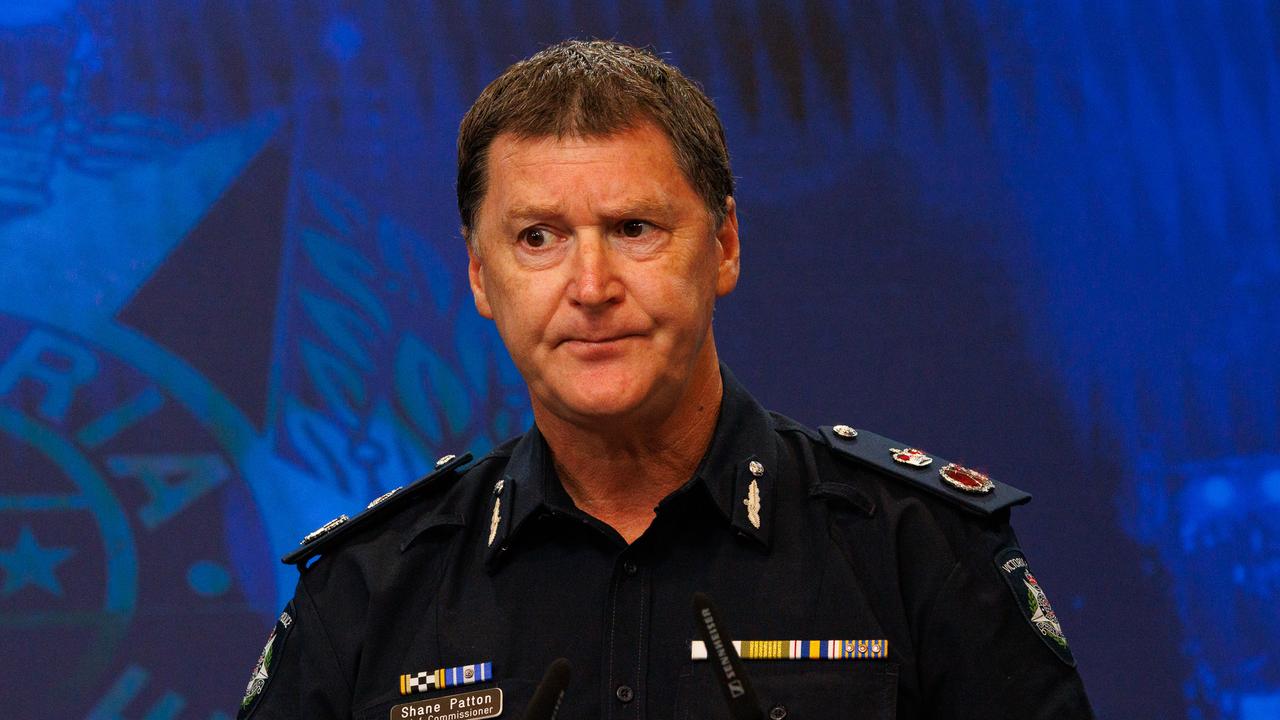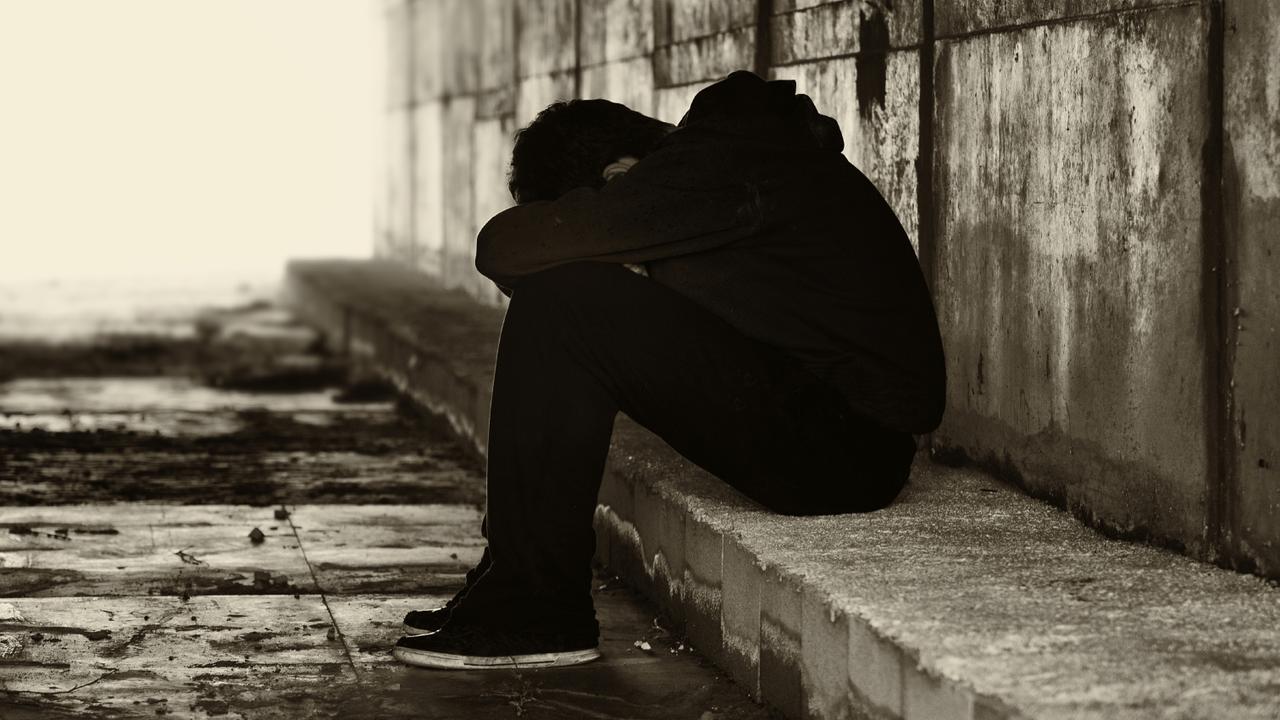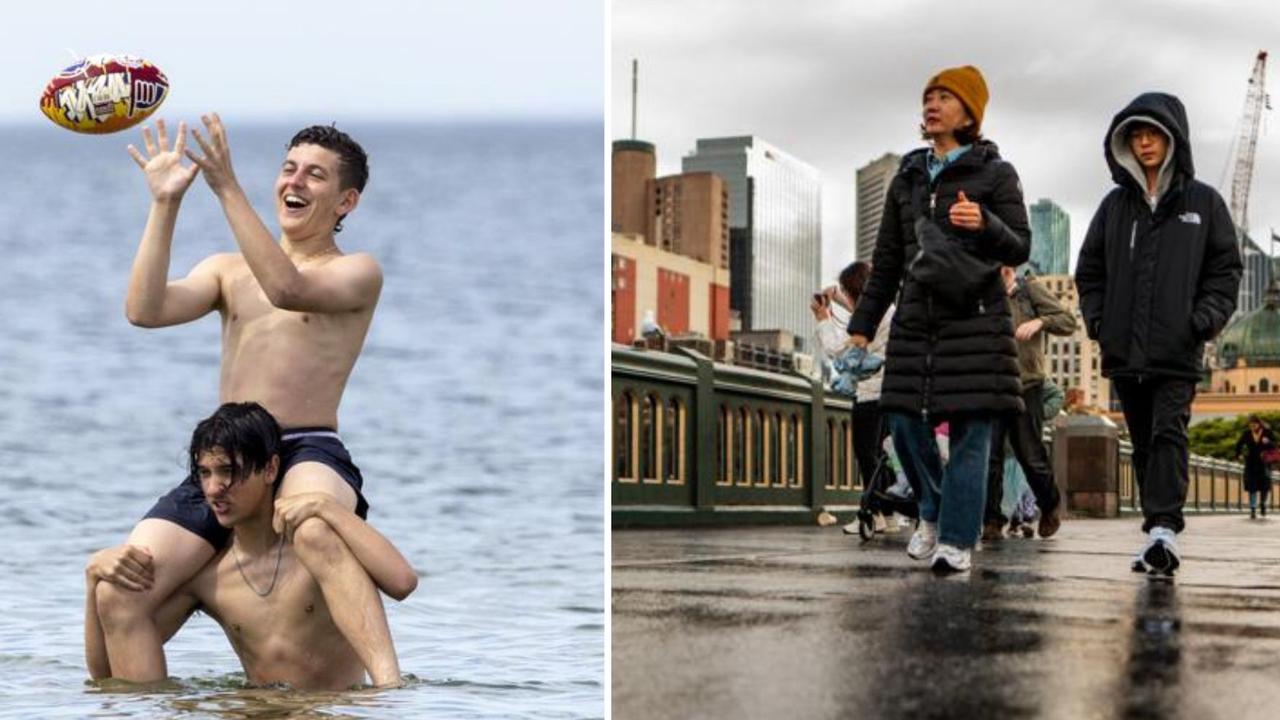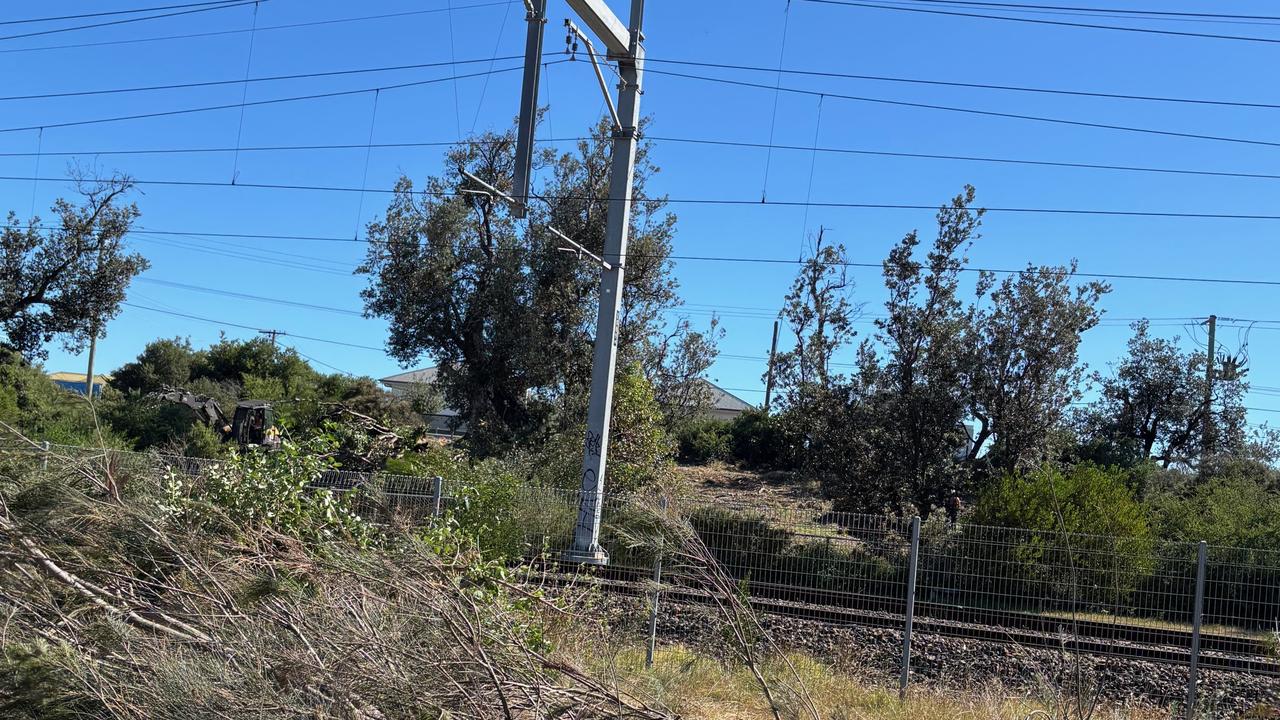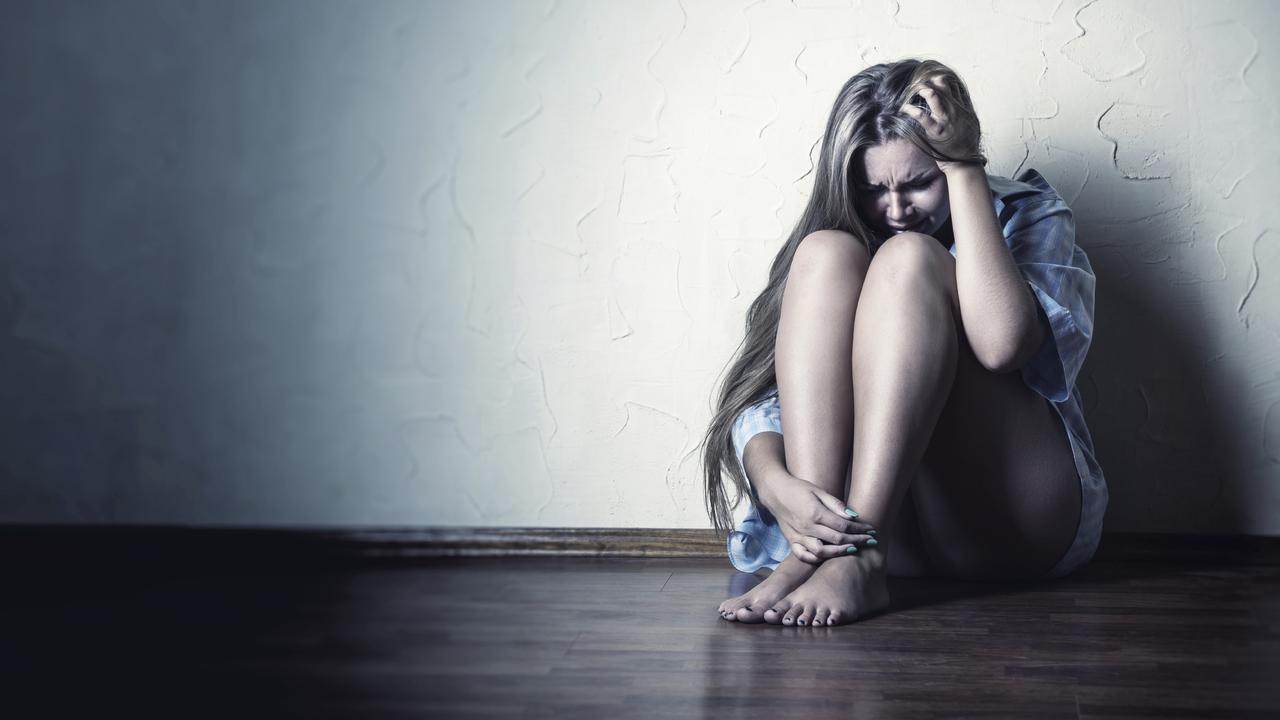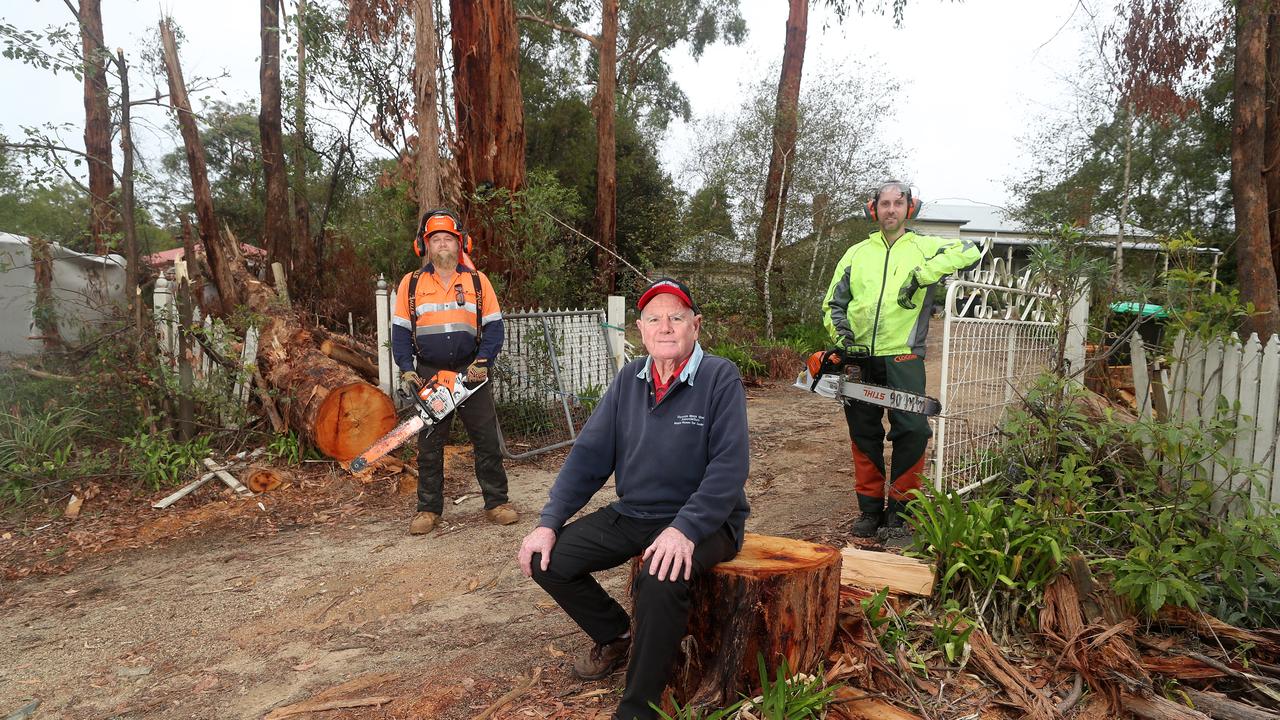State plan for three infant, child mental health hubs and hiring of overseas workers ‘of concern’
A peak psychology body has slammed Victorian government plans to hire overseas mental health workers and build three child hubs in its bid to address the state’s youth crisis.
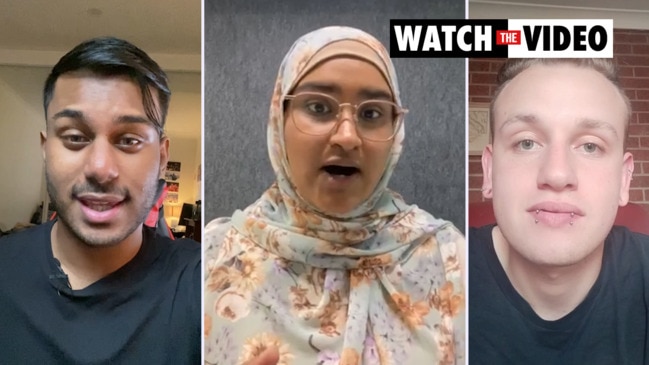
Victoria
Don't miss out on the headlines from Victoria. Followed categories will be added to My News.
Australia’s peak psychology body has criticised a plan by the Victorian government to recruit counsellors from overseas and set up just three infant and child mental health hubs, state wide.
Australian Association of Psychologists (AAPi) chief Tegan Carrison said on Monday the plan to bring in mental health workers from England, Ireland and New Zealand, to help address Victoria’s spiralling youth mental health crisis, was concerning.
And the fact there would be just three initial hubs - delivering mental health services for children aged zero to 11, at a total cost of $54m - was “a band-aid measure” that didn’t provide long term solutions.
The hubs were also not a good use of money.
“Research shows these hubs are not cost efficient . . . and while the hubs might service the mental health needs of immediate areas, what about the remainder of the state, in particular rural and remote areas where we know the suffering is immense?” Ms Carrison said.
Victoria should be investing in homegrown workforces and building its own capacity, not turning to overseas workers to fix its problems; with the pandemic clearly showing international workforces could not be relied upon, she said.
Announcing the infant and child hubs plan in the Sunday Herald Sun, Education and Mental Health Minister James Merlino said the specialist centres would provide mental health early intervention and support for little kids, with the aim of identifying and treating childhood developmental, behavioural and emotional issues.
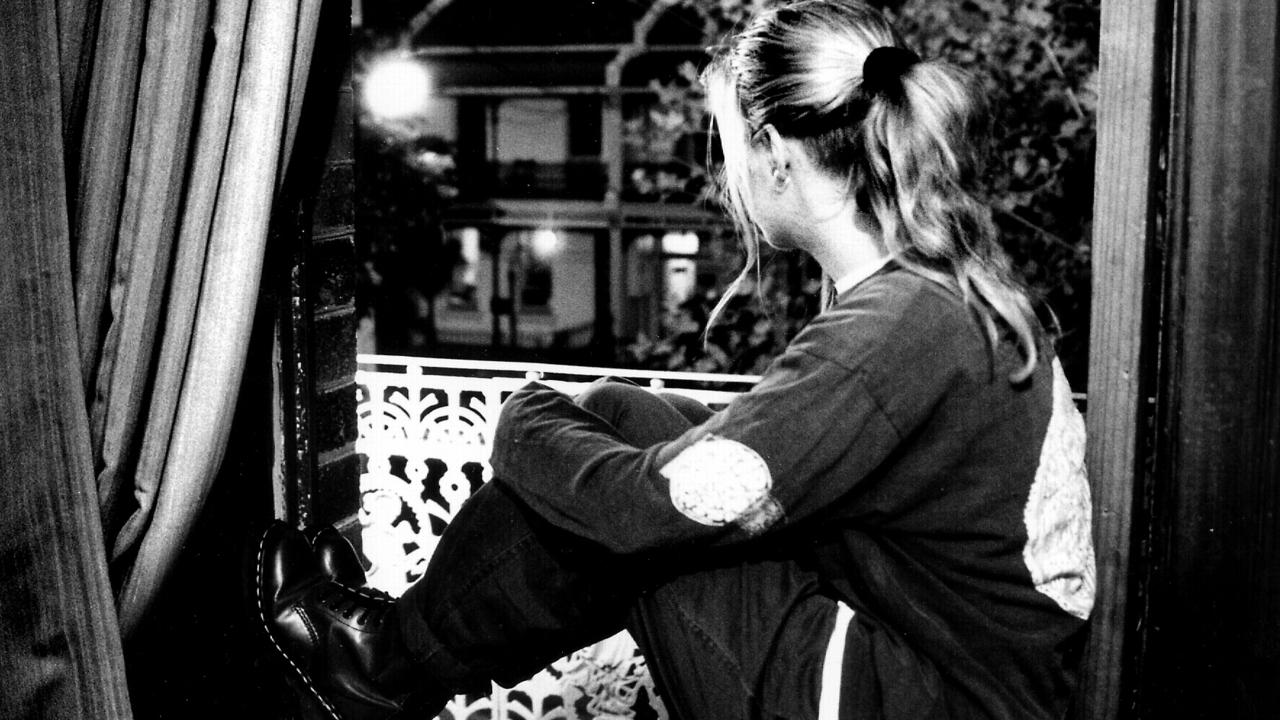
A range of specialist health services including paediatricians, psychologists, parenting support and speech pathologists would be offered, under one roof, he said.
Located in the southern Melbourne, Brimbank-Melton and Loddon regions, and set to open in July, the hubs would also provide free assessments for conditions linked to poor mental health, such as autism and ADHD.
It comes as the number of Victorian children feeling “despair” and considering suicide post Covid lockdowns rises, and a top psychiatrist warns urgent intervention is needed to save lives.
Mental illness is now the most common reason for young people visiting doctors, with anxiety the number one issue and the age of children being diagnosed ever younger.
Head of Monash University’s Department of Psychiatry Professor Suresh Sundram said there was “a significant increase in the number of presentations of younger people … (with) eating disorders, self harm and suicidal ideation and intent” in Victoria, post pandemic.
Professor Sundram, who is also director of research for Monash Health’s mental health program, said while current statistics did not show an increase in the number of child suicides, “we need to be extraordinarily vigilant about the potential for the increase, and to be able to respond to young people presenting in crisis … and recognise the seriousness of that”.
He said children urgently needed professional mental health support in schools and also to be reconnected to their communities and social and sporting groups.
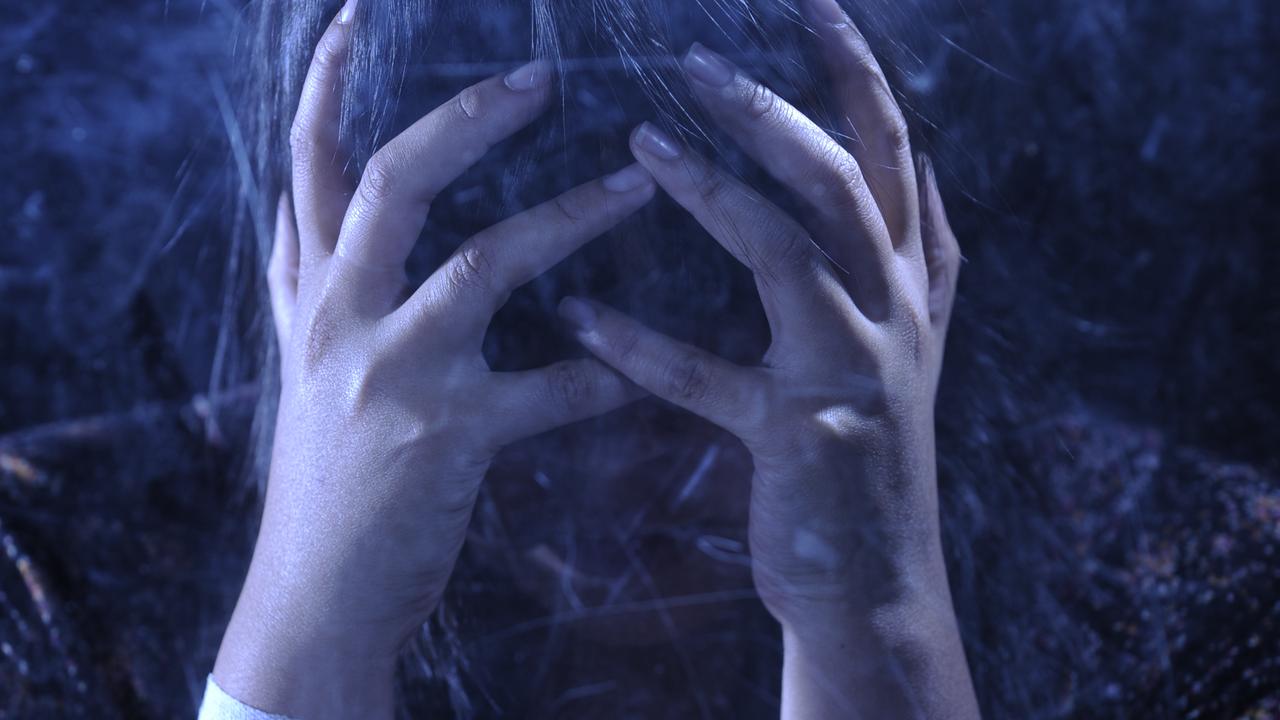
Victorian kids had emerged from the worst of the Covid pandemic, only to face the perceived threats of nuclear war and climate change, which was creating “deep uncertainty” for them.
“They’re not responsible for any of these things yet they’re going to have to carry the burden of what this means, and that is taking a heavy toll,” Professor Sundram said.
“It’s that combination of existential threat – and powerlessness in the face of it – which is particularly potent in creating a sense of despair.”
It was “very, very concerning” despairing youth were turning to untrained people like psychics for guidance, who had no real skills to help them, he said.
Victorian head of the Royal Australian College of General Practitioners, Anita Munoz, said anxiety was now the most prevalent mental health condition among youth, with the Covid pandemic having “a huge impact on their mental health”.
But young people were also very concerned about their futures because of climate change, the threat of war, the rising cost of living, housing affordability and lack of job security, she said.
“They’re facing some really serious themes … probably more intense this generation than ever before. Particularly when it comes to securing their own futures financially and getting secure jobs. Also the cost of education, the demands of education, and the rising cost of living makes life very, very difficult for young people,” Dr Munoz said.
“That does account for the high levels of distress for anxiety. And we do see depression of course, and many people express the level of distress that they have with suicidal ideation.”
Royal Australian College of General Practitioners (RACGP) data shows a staggering 1,071,825 mental health treatment plan items were billed in Victoria last year, in comparison to 3,676,286 Australia-wide.
The Murdoch Children’s Research Institute (MCRI) warned earlier this year the pandemic had taken “a significant toll” on adolescents’ mental wellbeing, academic results and physical health, adding the impacts would be more severe if action wasn’t taken to minimise harm.
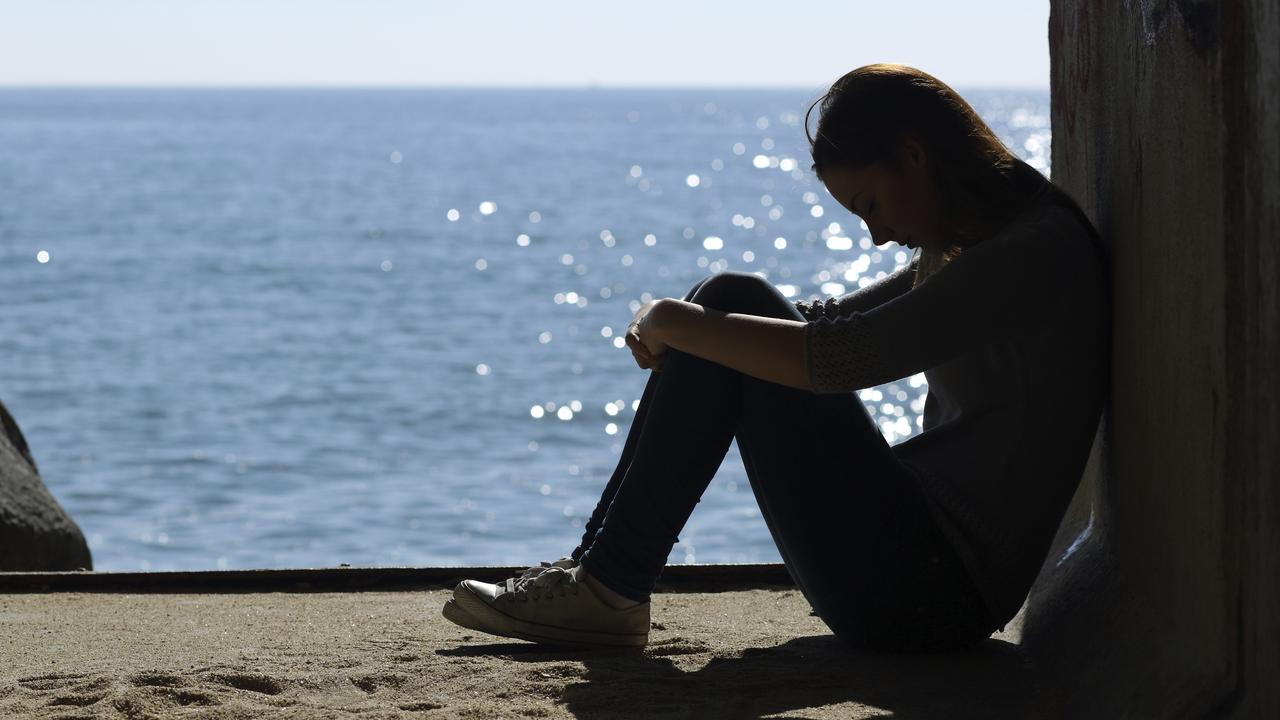
A “generation-defining disruption” had taken place because of Covid restrictions, remote learning, social distancing, increased screen time, reduced access to healthcare, no structured sport and less outside play, which was set to have both immediate and longer-term impacts on kids, the Murdoch’s Professor Sharon Goldfeld said.
And a report from the Australian Institute of Health and Welfare into suicide and self-harm shows ambulance attendances for Victorians (of all ages) for suicidal ideation rose from 17.6 per 100,000 of the population in June 2018 to 20.1 in June 2021.
At the peak of Victoria’s Covid crisis in 2020, there was an 11 per cent rise in the total number of ambulance attendances relating to suicidal ideation (thinking about suicide), compared with 2019, with the increase more pronounced in the second half of 2020, the federal government report reveals.
Ambulance attendances for self-injury also rose, increasing from 4.1 per 100,000 of the population in June 2019 to 6.0 in June 2021.
Meanwhile, a report last month from the Australian Institute of Family Studies revealed 27 per cent of Australians had experienced significant income loss in 2021, with 19 per cent rating 2021 a bad year for their family, and five per cent a very bad year.
The survey of more than 5300 Australians in November and December last year, revealed respondents in the most locked-down states were more likely than others to report it had been a bad or very bad year.
But Victorian Education and Mental Health Minister James Merlino said the state government hadembarked on massive reforms, and was working to build a system that supported the mental health of Victorians of all ages, and living in all areas.
“Whether it’s walk-in, community-based care or acute hospital treatment, we’re making seeking treatment more accessible for every young Victorian – with more than $842m invested in youth mental health alone last year, and with new services already open right across the state,” he said.
“We’ve delivered a dedicated mental health practitioner in every government secondary and specialist school in Victoria, as well as a pilot in more than 100 primary schools across the state – giving every young Victorian the access to safe, judgment-free mental health support in a familiar, trusted environment.”
Child, youth and family hubs – different to the new infant and youth mental health hubs now being established – and Victoria’s first residential mental health centre for children under 11, have also recently been announced by the state government.
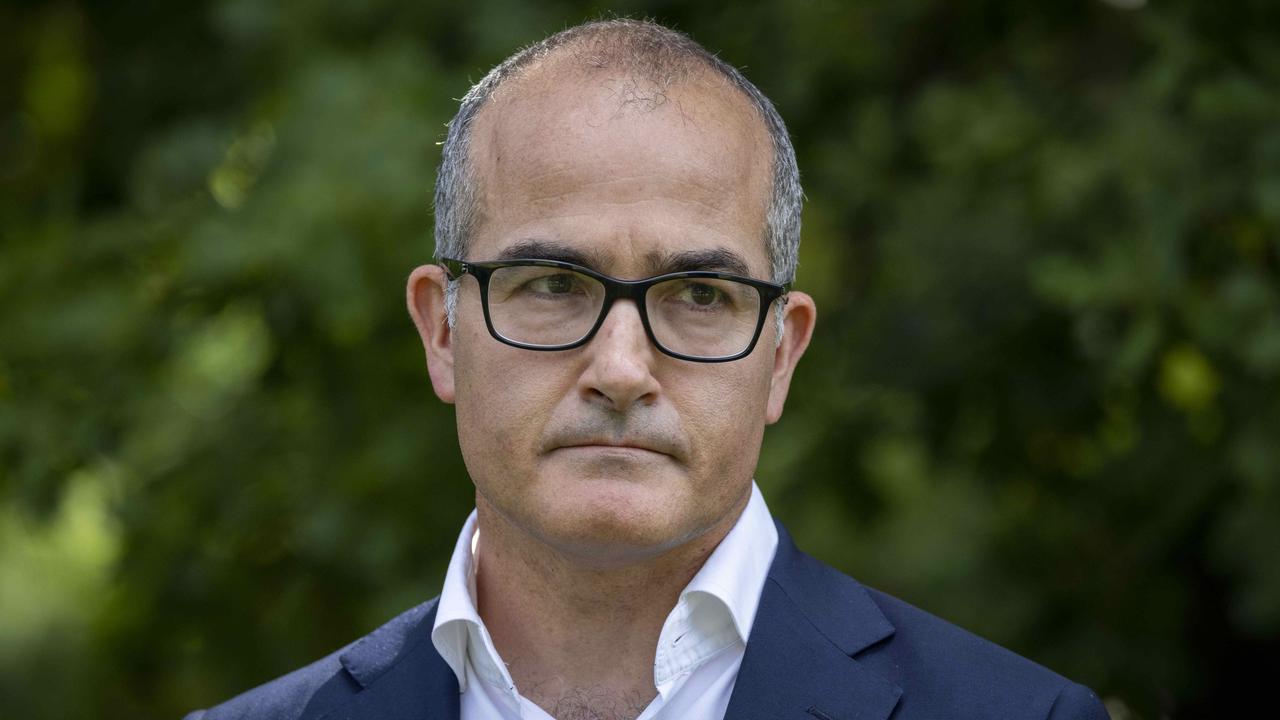
Mr Merlino said the locations of the initial three child mental health hubs were chosen based on factors like population growth, early childhood development rates and the projected demand for mental health and wellbeing support in the coming years.
The hubs would be designed in consultation with local community health services, family services, mental health and wellbeing service providers and the community, Mr Merlino said.
“For too long, there has been a gap in getting younger children the age-appropriate care they need with their wellbeing – now we’ll have three fantastic new services up and running in July to support families,” he said.
“These hubs will be a one-stop shop for the support families need for their infants and children, whether that’s specialist mental health treatment, development and autism assessments or paediatrician-led medical care.”
Delivering on a key recommendation of the Royal Commission into Victoria’s Mental Health System, the hubs responded to the need for a renewed focus on early intervention and age-appropriate care to meet development and mental health challenges in younger children – where there had traditionally been a gap in suitable care, he said.
The state government has also partnered with headspace to deliver mental health training programs across the schools, including SAFEMinds training for primary and secondary school staff to increase their basic knowledge of mental health and emerging concerns such as anxiety, depression and self-harm.
Suicide Risk Continuum Training has also been introduced at secondary school level, to identify, support and respond to self-harm and suicidal behaviour in teenagers, with 3637 staff trained so far.
WHERE TO GET HELP
If you or someone you know is at risk of suicide contact one of these national 24/7 crisis services immediately:
• Lifeline: 13 11 14 or lifeline.org.au
• Suicide Call Back Service: 1300 659 467 or suicidecallbackservice.org.au
• beyondblue: 1300 224 636 or beyondblue.org.au
If you are struggling with your mental health, you can also reach out to one of the following youth support services:
• headspace: visit headspace.org.au for more information
• Kids Helpline: 1800 55 1800 or kidshelpline.com.au
• ReachOut: reachout.com
• SANE Australia: 1800 187 263 or sane.org
Talk with a trusted adult, such as a parent, teacher, school counsellor or wellbeing officer.
More Coverage
Originally published as State plan for three infant, child mental health hubs and hiring of overseas workers ‘of concern’



